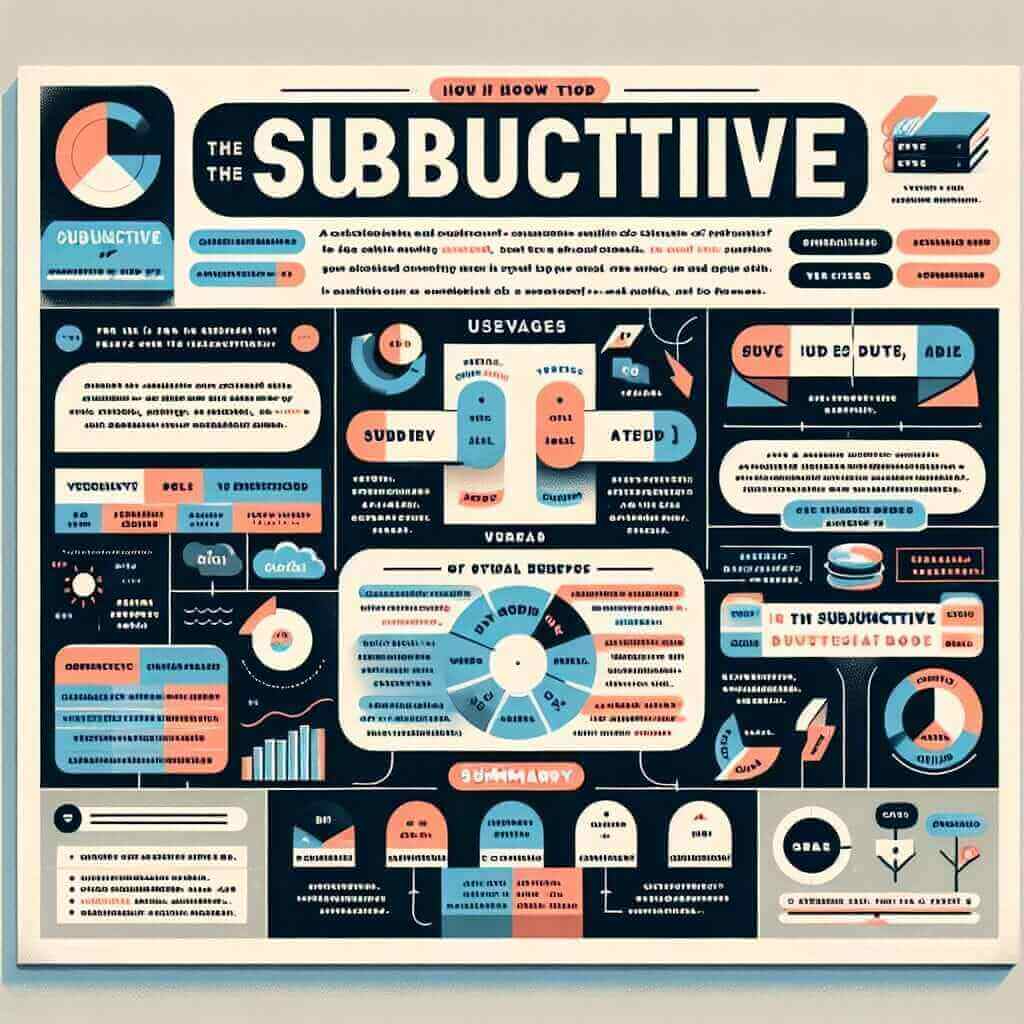“Were it more affordable, I would buy it.” Sounds a bit formal, doesn’t it? This kind of sentence construction often makes learners of English, especially those preparing for IELTS, scratch their heads. This article will delve into this unique grammatical structure – the subjunctive – explaining its use, providing examples, and showing you how to wield it for IELTS success!
Let’s consider these examples, which showcase the subjunctive mood in different IELTS contexts:
- Speaking (Part 2): “If I were to choose a dream holiday destination, it would be New Zealand. The scenery is breathtaking.”
- Writing (Task 2): “Some argue that space exploration is a waste of resources. Were the funds redirected to solving poverty, the world would be a more equitable place.”
- Listening (Multiple Choice): You hear the speaker say, “Had I known about the traffic, I would have left earlier.” This implies the speaker was late due to unforeseen traffic.
As you can see, the subjunctive mood allows us to express hypothetical situations, wishes, or conditions that are contrary to reality.
Demystifying the Subjunctive Mood in IELTS
The subjunctive mood is used less frequently than other grammatical moods like the indicative (for facts) or the imperative (for commands). However, it adds a layer of sophistication and formality to your language, which can be particularly impressive in the IELTS exam.
Structure and Usage:
The subjunctive mood often crops up in conditional sentences (expressing hypothetical situations) and certain fixed expressions. Let’s take a closer look:
1. Conditional Sentences (Type 2 and 3):
-
Type 2 (Hypothetical present or future):
- Structure: If + subject + past simple, subject + would/could/might + base form of verb
- Example: If I were you, I would study harder for the IELTS exam. (Implying I am not you and you are not studying hard enough)
-
Type 3 (Hypothetical past):
- Structure: If + subject + past perfect, subject + would/could/might + have + past participle
- Example: If she had studied more diligently, she would have achieved a higher band score. (Implying she did not study diligently enough and therefore did not achieve a high score)
2. Fixed Expressions:
The subjunctive mood is also used in certain fixed expressions:
- Wish/If only: Expressing a wish for something to be different.
- Example: I wish I were more fluent in English.
- It’s time/It’s high time: Suggesting something should have already happened.
- Example: It’s high time the government took action against climate change.
- As if/as though: Describing something that is unlikely or untrue.
- Example: He spends money as if he were a millionaire.

Mastering the Subjunctive for IELTS Success
Speaking: Using the subjunctive, especially in Part 2 where you have to speak at length, can demonstrate a wider range of grammatical structures.
Example:
Instead of saying: “If I have more free time, I will travel the world,”
Say: “Were I to have more free time, I would travel the world.”
Writing: The subjunctive is particularly useful in Task 2 essays when you’re presenting hypothetical situations or making recommendations.
Example:
Instead of writing: “If everyone learned a second language, communication would be easier.”
Write: “Were everyone to learn a second language, global communication would be significantly easier.”
Common Mistakes and How to Avoid Them
-
Incorrect Verb Tense: A common mistake is using the present tense instead of the past tense in the “if” clause of a Type 2 conditional.
- Incorrect: If I am you, I would study more.
- Correct: If I were you, I would study more.
-
Overusing the Subjunctive: While it’s great to showcase your grammatical range, don’t overuse the subjunctive. Use it strategically to make your language more formal and impactful.
Conclusion:
Mastering the subjunctive mood might seem like a small victory in the grand scheme of your IELTS preparation, but it’s these nuances that can elevate your language and impress the examiners. Remember to practice using it in various contexts and be mindful of its correct usage. Good luck!